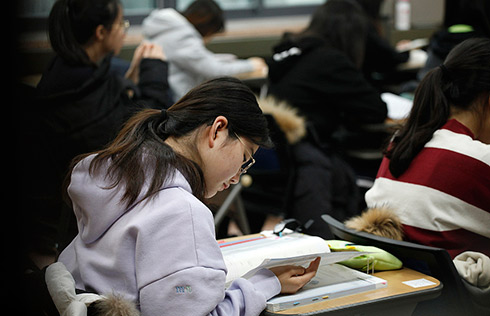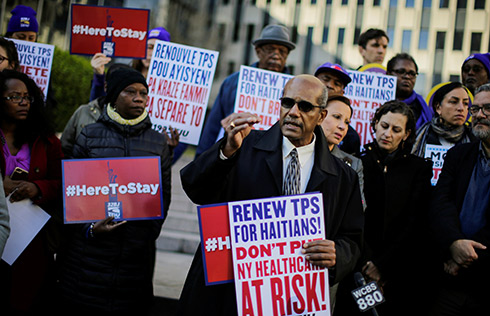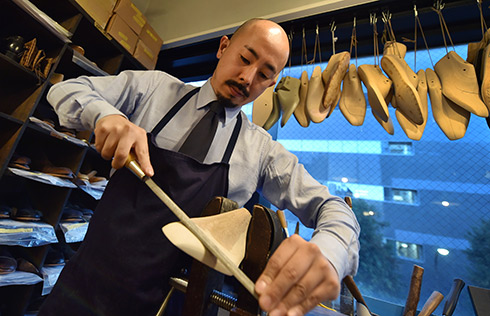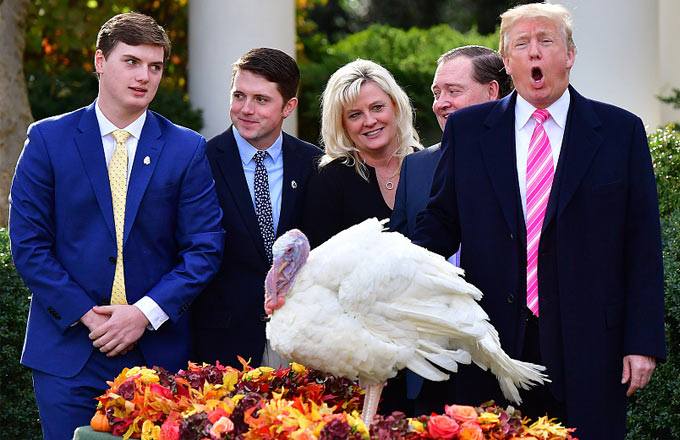'Wage theft' in Australia reported
SYDNEY - International students and backpackers working in Australia are subjected to "systemic wage theft", with about one-third paid half the minimum wage and those from Asia the worst-hit, a study found on Tuesday.
There are more than 900,000 temporary migrants such as foreign students in Australia, making up about 11 percent of the labor market.
Yet 30 percent of the 4,322 temporary migrants surveyed said they were paid about half the legal minimum wage for casual workers of A$22.13 an hour ($16.7) at the time of the survey in late 2016.
Almost half earned A$15 per hour or less, the "Wage Theft in Australia" report - covering 107 nationalities and conducted online in 13 languages - found.
"One of the really striking findings was that 86 percent of international students and backpackers ... perceive that everybody on their visa is being underpaid," the study's co-author Bassina Farbenblum of the University of New South Wales said.
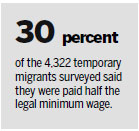
"So there's no point them leaving the job that they are in because they see that there is very little chance of them getting a better job."
The study, jointly conducted with the University of Technology Sydney, showed that "wage theft is endemic" and also "widespread across numerous industries".
It was particularly prevalent in food services and "especially severe" in fruit-and-vegetable picking.
Employment Minister Michaelia Cash responded to the report by urging youths who felt they were underpaid to contact the government's Fair Work Ombudsman.
"The government has made several important reforms to protect these workers since the survey was conducted," she said in a statement. Reforms included more resources for the ombudsman to tackle exploitation cases.
Belgian Laurent Van Eesbeeck, 25, on a working holiday visa in Australia, told Fairfax Media he was paid as little as A$5 an hour to pick cherry tomatoes in Queensland state this year.
"I've had a couple of disappointments with Australian farms," Van Eesbeeck said.
While at least one-fifth of those surveyed from every nationality experienced "extremely poor" wage rates of A$12 per hour or less, visitors from Asian countries were the most affected.
Around three-quarters of Chinese and Vietnamese participants earned A$17 per hour or less, compared with 35-41 percent of US citizen, Irish and British participants, the report said.
Farbenblum called on the Australian government and businesses to act on the research, believed to be the most comprehensive study of temporary migrants' pay and conditions, describing the level of noncompliance as reaching "epidemic proportions".
Agence France-presse




